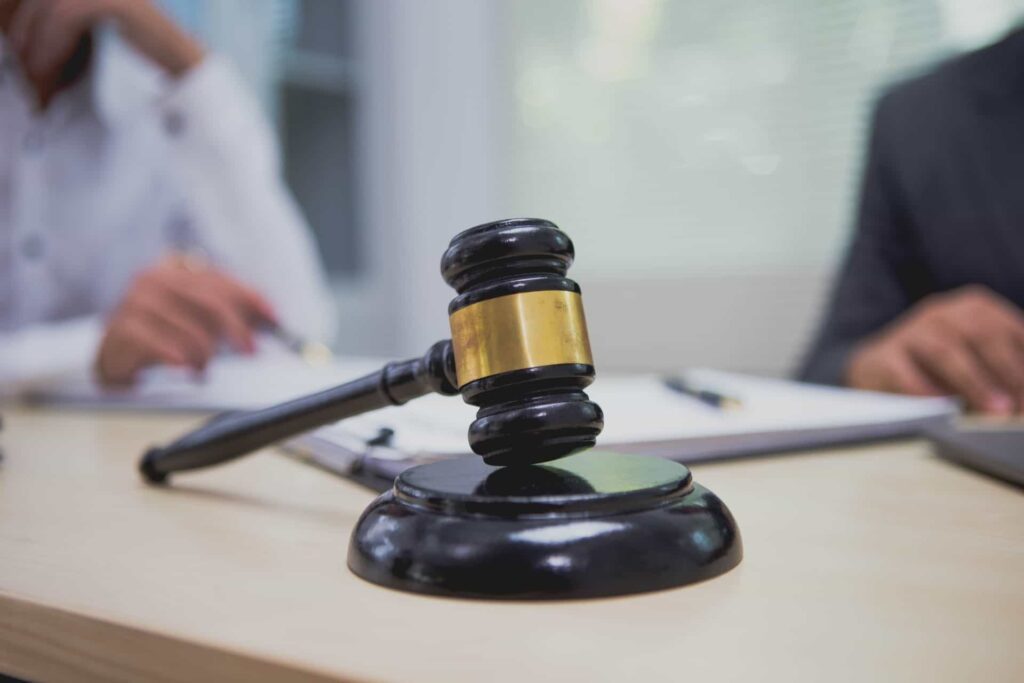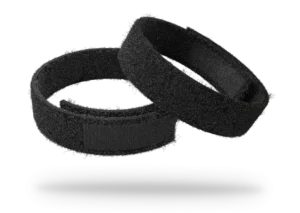
Have you ever come across the title “Esquire” or the abbreviation “Esq.” following a lawyer’s name and wondered what it means? Is it simply a formal title, or does it signify something more significant within the legal world?
In this blog post, we’ll explore the esquire meaning, its historical roots, and why it’s used in the legal profession. Whether you’ve received a letter from an attorney or are curious about legal titles, this guide will help you understand the role and significance of “Esquire.”
Understanding the Meaning of “Esquire”
In simple terms, “Esquire” is a title used by licensed attorneys. If you come across a name like “Jane Doe, Esq.”, it indicates that Jane Doe is a lawyer who has passed the bar exam and is qualified to practice law.
The title “Esquire” is most commonly used in formal written communication such as legal documents, letters, and emails. However, lawyers rarely use “Esquire” in conversation. It’s primarily reserved for written formats to designate a person as a legally qualified professional.
Key Points About “Esquire”:
-
“Esquire” is used to show that someone is a licensed attorney.
-
It’s often abbreviated as “Esq.” after a lawyer’s name (e.g., John Smith, Esq.).
-
The title is typically seen in formal documents rather than casual conversation.
The History Behind “Esquire”
To fully understand the esquire meaning, it’s helpful to look at its historical roots. The title “Esquire” dates back to medieval England, where it was used to refer to a young nobleman or a shield-bearer training to become a knight. In Latin, it comes from the word “scutarius,” which means “shield-bearer.”
Over the years, the title evolved, and by the 18th century, it was used to refer to gentlemen or landowners in British society. However, in the United States, the meaning of “Esquire” shifted over time to become closely associated with the legal profession. Today, it’s used to indicate that someone is a qualified and licensed attorney.
How Does One Become an Esquire?
The title “Esquire” is not automatically given to anyone who graduates from law school. To earn this title, a person must meet several qualifications:
Steps to Become an Esquire:
-
Complete Law School
A person must graduate from an accredited law school and earn a Juris Doctor (J.D.) degree, typically after three years of study. -
Pass the Bar Exam
After completing law school, the individual must pass the bar exam, a rigorous test that assesses knowledge of the law and the individual’s ability to apply it. -
Get Licensed to Practice
After passing the bar exam, a lawyer is officially licensed to practice law in a particular state or jurisdiction. Only then can they use the title “Esquire”.
Once these steps are completed, the individual can rightfully use “Esquire” after their name, signifying that they are a legally authorized attorney.
Is “Esquire” the Same as “Attorney”?
While “Esquire” and “attorney” are often used interchangeably, they have different meanings. Here’s the distinction:
-
An attorney is a person who is legally trained to provide legal advice and represent clients in court.
-
“Esquire” is simply a professional title that indicates the person is a licensed attorney.
In other words, every attorney can use the title “Esquire,” but not everyone with a law degree is an attorney. For instance, someone who graduates from law school but doesn’t pass the bar exam cannot use “Esquire” until they become licensed to practice law.
Is “Esquire” Used Outside the U.S.?
While “Esquire” is most commonly associated with the United States, it has historical usage in other countries, though it may not always have the same meaning:
-
In the United Kingdom, “Esquire” historically referred to a man of high social status, such as a landowner. Today, it’s less commonly used but can still be found in legal contexts to describe lawyers.
-
In Canada and Australia, lawyers typically use titles such as “Barrister” or “Solicitor” instead of “Esquire.”
-
In the U.S., however, “Esquire” is specifically tied to the legal profession and is used almost exclusively to denote someone authorized to practice law.
Common Legal Titles You Might Encounter
In addition to “Esquire,” there are a number of other legal titles that you might come across. Understanding these titles helps clarify a lawyer’s role:
-
Attorney-at-Law: A formal term for someone licensed to represent clients in court and provide legal advice.
-
Counselor: A term sometimes used to refer to a lawyer, particularly in formal settings such as courtrooms.
-
Barrister: A lawyer who specializes in representing clients in court (common in the UK and other Commonwealth countries).
-
Solicitor: A legal professional who handles paperwork and legal matters but might not represent clients in court (common in the UK).
-
Judge: A legal professional who presides over court proceedings and makes rulings.
-
Paralegal: A trained assistant who helps lawyers with research, drafting documents, and case preparation, but is not authorized to practice law.
Each of these roles plays a crucial part in the legal system, but “Esquire” specifically designates someone who is licensed to practice law.
Why Understanding “Esquire” is Important
Knowing the esquire meaning is essential for anyone dealing with legal matters. Here’s why:
-
Professional Verification: When you see “Esquire” after someone’s name, you know that the person is a qualified and licensed attorney, authorized to provide legal advice and represent clients.
-
Proper Address: Understanding how to address a lawyer—whether in writing or conversation—helps ensure clear and respectful communication.
-
Making Informed Decisions: When seeking legal help, knowing that someone is an Esquire provides assurance that the person has the required qualifications to handle your case.
For example, if you’re facing a personal injury case or need help with workers’ compensation claims, understanding the meaning of Esquire assures you that you’re working with a qualified legal professional.
How to Address a Lawyer
When addressing a lawyer in conversation, it’s common to use Mr. or Ms. followed by their last name (e.g., Mr. Smith or Ms. Johnson). However, when writing formal letters, especially legal correspondence, you might see their name followed by “Esquire”:
John Smith, Esq.
Even though lawyers don’t often refer to themselves as “Esquire” in casual conversation, this title is commonly seen in legal contexts, contracts, and formal documents.
Conclusion: What Does “Esquire” Mean?
In the legal world, the title “Esquire” (or “Esq.”) signifies that an individual is a licensed attorney, authorized to practice law. It’s a formal title used in written communication to denote a person’s legal qualifications. Understanding the meaning of Esquire can help you navigate legal matters more effectively and ensure you’re working with qualified professionals.
Need Legal Assistance? Contact OAS Vocational Experts Today
At OAS Vocational Experts, we provide free case evaluations to help you understand your legal situation without any initial financial commitment. Whether you’re dealing with disability claims, vocational evaluations, or other legal matters, our team is here to support you.
📞 Contact OAS today to speak with a licensed attorney and take the first step toward resolving your legal concerns.







